When we were young, we probably heard parents tell magic stories about "foreign children": for example, the competition in summer camp between China and Japan and American children selling lemonade to earn pocket money... in the story, foreign children are synonymous with hard work, while Chinese children are spoiled waste soaked in honey cans** Maybe many people, like me, really believed it and were deeply ashamed of themselves. They also wanted to be an independent child elite like foreign children.
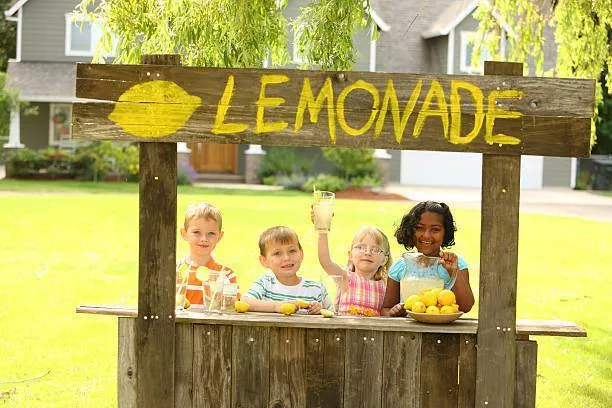
But years later, we found that stories lie to children
There are no foreign elites. The competition in summer camp is just a fraud carefully fabricated by the author, and American children are not independent at all.
On the contrary, more and more evidence shows that American parents are not only not carrying out independent education, but are using American doting to continuously export giant babies to society

"Let a 2-year-old and 9-month-old go shopping alone? Oh God, it's absolutely impossible in the United States."
Recently, Netflix's hottest variety, old enough, has further made American parents realize that their education is a little wrong
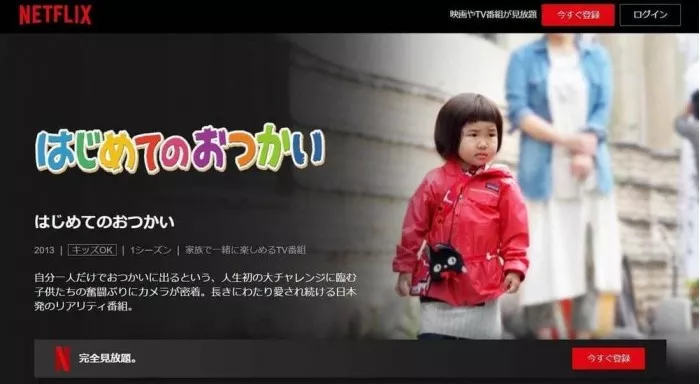
"Chupai" was introduced from Japan and has been broadcast for 32 consecutive years. Focus on 2-5-year-old children. Without their knowledge, record how they went out alone to run errands for their family for the first time.
There are various reasons for sending children out: Dad forgot to bring his rice ball. Can you send it to the dock for Dad; Sister is going to add supplementary food. Please buy her two apples Right; Mom forgot to wear a hat for the Tibetan Buddha. Go and put it on the Tibetan Buddha and pull out a cabbage by the way
In short, for the sake of their family, children must carry a small backpack and go out of the house alone to complete the journey.
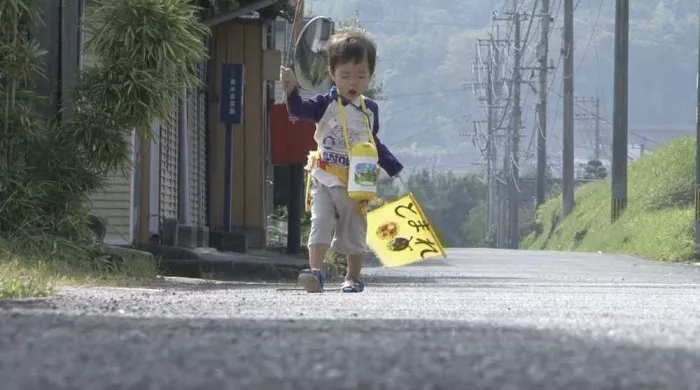
Children aged 2 years and 9 months embark on the journey alone
The purpose of "first dispatch" is to "not add any performance". The crew is only responsible for following the children to record and ensure safety throughout the whole process, and will not interfere with any actions of the children. Therefore, the audience can really see what happens to human cubs when they "act independently for the first time in their life".
Some children get lost, some forget what to buy when they get to the store, and some children turn red when they find that the cabbage told by their mother can't be pulled out. The more unlucky child went out with a small fish basket. Without taking two steps, the rope of the fish basket broke. The slippery raw fish rolled on the ground. It was not easy to pick it up and take two more steps. The rope on the other side broke again. It was loveless to pick up the fish.
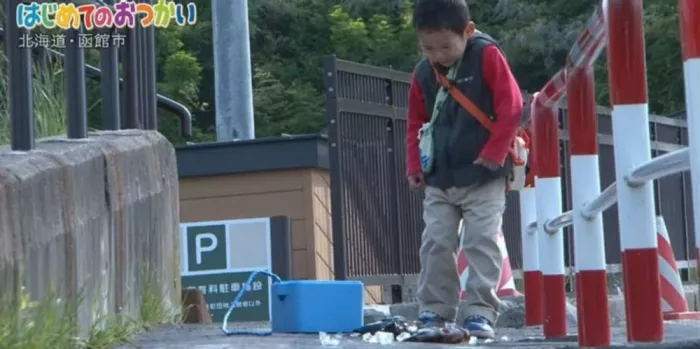
Usually in these situations, it's time for adults to help, but the program team of "chupai" chose to wait and wait for the children to turn around and find a solution
So you see that the lost children have found their way home.
The children who forgot to buy Curry in the store suddenly woke up on their return and turned back to the store to buy the curry.
The little girl who pulled out the cabbage turned the head of the cabbage in circles for half an hour, and finally pulled the cabbage home in the night.
The unlucky boy who picked up the fish finally walked to the fish shop with the box in his hands. He successfully brought back the fish that the landlady helped deal with and picked a wild flower for his mother as a gift.
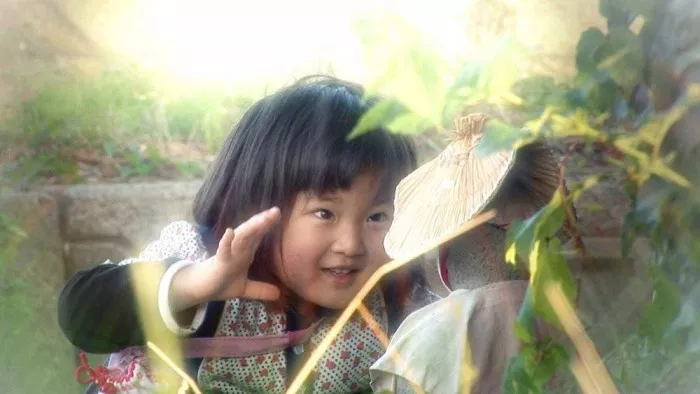
The little girl put a hat on di Zang and smiled happily
If it wasn't for what I saw with my own eyes, it's hard to believe that this is the work that a group of children who can't even recognize the camera can do. But they not only did it, but also did it very well.
In the process of going out alone for the first time, the children quickly completed the re recognition of their own identity, and naturally understood what the illusory "responsibility" was
Carrying two heavy cans of milk powder, two bottles of drinks and apples, I worked hard to climb the slope. The apples suddenly rolled to the bottom of the slope. Do you want to go down and pick them up? The tired little boy didn't think about it and ran down the slope immediately, because Apple was the first supplementary food in his life that his sister was going to eat tonight.
The little owner of the sushi restaurant, who is afraid of strangers, is crying and hawing at the door of his house. He doesn't dare to go to the dry cleaner to help his father pick up materials and arrange clothes. But my mother said that without food and clothing, my father couldn't work. The little owner bit his teeth and wiped his tears. He swallowed his fear and chose to start.
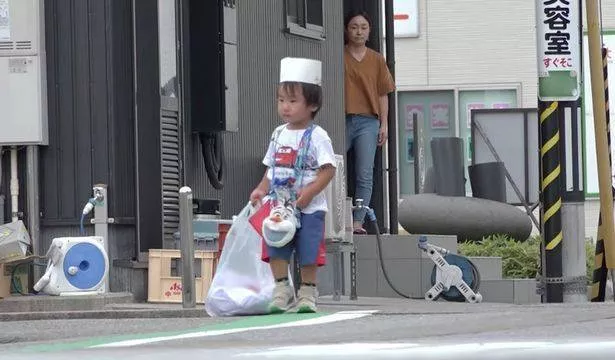
Little guys who usually seem to need adults' help in everything, in fact, they can not only recognize the way, but also find ways to overcome all kinds of unexpected difficulties.
No one knows where these magical powers are usually hidden. If this program did not suddenly throw children into an independent world, this tenacity would be lost in the careful care of their parents.
"This is not a documentary for children, it's an educational program for adults. Children are more capable than their parents think. many mothers are very worried about their children and only let them do what they can do, but sometimes they can do it if they don't work so hard for their children," said Junichiro ohnai, the general director of chupai
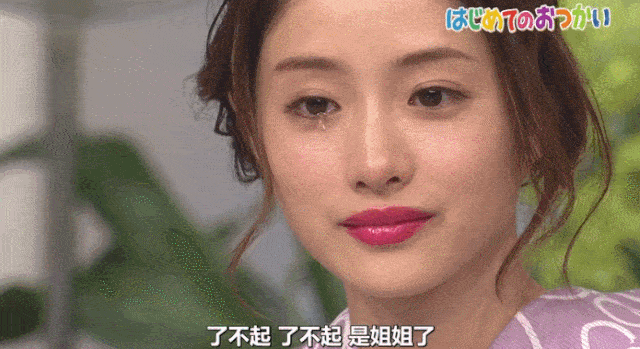
Just a few days after its launch, "chupai" has become popular all over the American parent circle. Every mother is discussing this soft, small and lovely program
A supporter of "free range education" said: "everyone should watch the first dispatch, which will tell you where to find the courage, confidence and tenacity your child really needs."
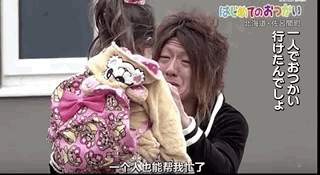
After watching the performance of Japanese children, and then looking at the children at home who are seven or eight years old and can't go on the street alone, many American parents can't sit still.
Once upon a time, the United States and Japan were the vanguard of "independent education". When it comes to successful independent education, no one can bypass the model of the United States and Japan. But since when did American children fall behind?
Why did the "wild children" seen everywhere in the United States become a strange landscape that can only be seen in Japanese programs

Americans half a century ago never imagined that American education today would be like this
In the 1970s, American children played dangerous lawn darts in the yard all day, rode without safety helmets, and didn't even wear seat belts in cars.
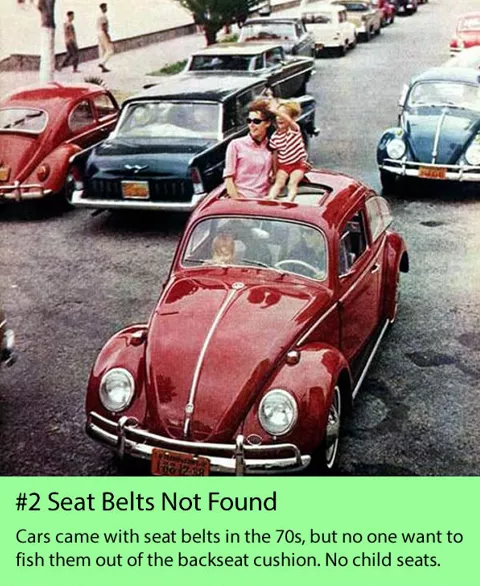
They smoke their parents' second-hand smoke, sunbathe with beautiful black milk, and climb up and down the hot iron open-air slide. According to current child safety standards, they are on the verge of death every day.
That year, there were many children in every family, and no parents cared where you went crazy. Just remember to go home for dinner at that time.
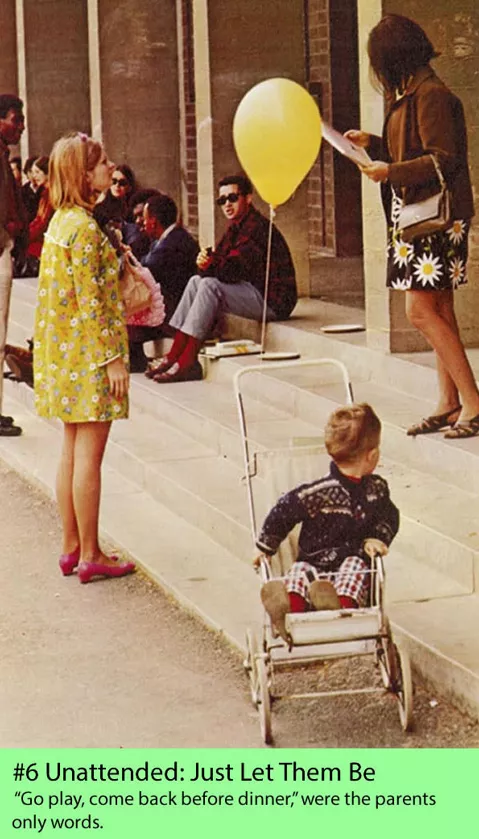
Statistics show that "being able to go nearby alone" is a necessary skill for every child in the 1970s before entering primary school
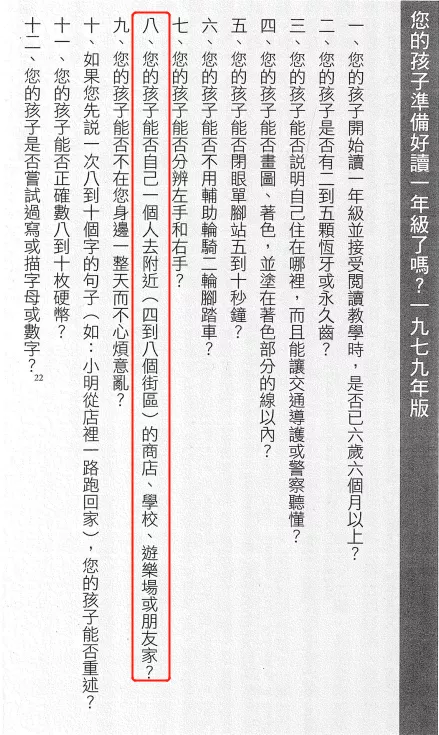
In 1979, a primary school wrote a list to parents to help them judge whether their children are qualified for primary school
Now, all of these behaviors mentioned above are no longer allowed. Let alone allowing children to run wildly, even planned travel games may face serious charges from the police
In 2008, Lenore Skenazy, a columnist for the New York Sun, was denounced as "the worst mother in America" for writing about how to support her 9-year-old son to take the New York subway home alone.
The son begged her for weeks to take him to a strange place and let him try to go home on his own.
Skenazy agreed. She gave her son a subway map, a subway card, a $20 bill and some quarters for a phone call, and then left first.
45 minutes later, my son got home on time and everything went well. Skenazy hopes to tell you that you can let go of your children and trust them more.
But the readers didn't pay the bill. The snowflake like complaint letters poured into the mailbox of the sun and Skenazy. The angry readers claimed to call the police for the crime of "neglecting to take care of children" and let the police deal with Skenazy, an incompetent mother.
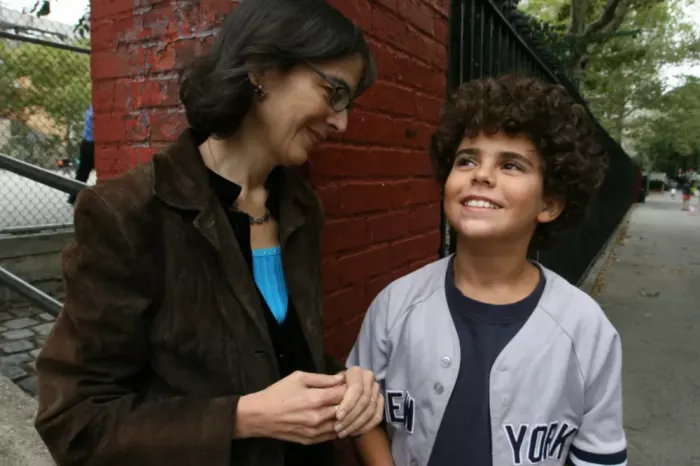
"The crime of neglecting to take care of children" is not a fabricated crime. Parents are severely punished every year
In 2015, a Florida couple was convicted of "felony of neglecting to take care of children" because they came home late, resulting in their 11-year-old son being unable to enter the house and playing basketball in the yard for 90 minutes. This scene was just seen by the neighbors and enthusiastically called the police.
As a result, the couple were tortured and detained overnight. Their 11-year-old son and 4-year-old brother were sent to a foster family for one month and received "play" treatment until the couple completed the parenting courses provided by the community.
In 2014, an 11 year old girl in Connecticut refused to get out of the car with her mother to go to the drugstore because she wanted the air conditioner in the car to be cool. She stayed in the car alone and was called the police by a kind-hearted person. As a result, the girl's mother was summoned by the court for a misdemeanor.
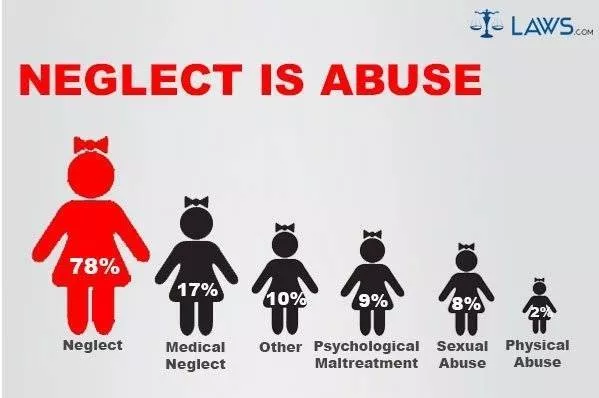
American law website: neglect of child care is also a form of abuse
The New Albany Sheriff of Ohio even suggested directly:
"Children should not be allowed to go out without adult care - until they reach the age of 16."
Taking care of children has become a huge project accurate to the millimeter level for American parents.
No parents are willing to be regarded as derelict parents who do not pay attention to their children, but no guidance clearly points out to what extent they should pay enough attention. Therefore, parents become more and more outrageous on the road of "taking care of"
At the end of the roll, many people became annoying "helicopter parents", hovering over their children's heads all the time.
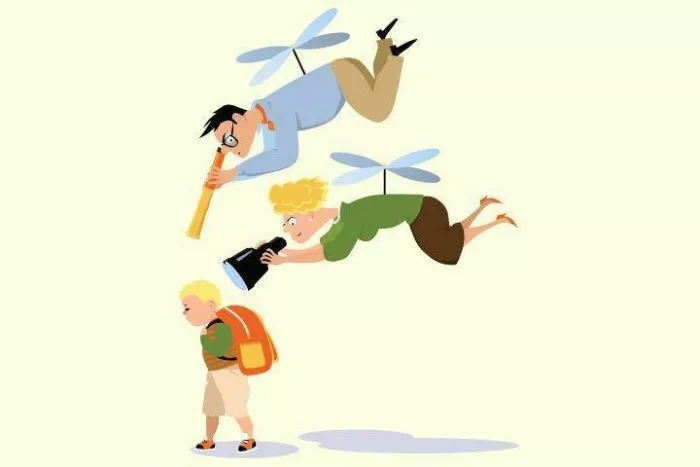
You can also call them "hockey parents" as Swedes call them - constantly adjusting the ice to ensure that the child slides in the right direction at the right speed, just like taking care of the hockey.

On the one hand, they take good care of their children's life and "serve" them comfortably. On the other hand, they are always alert to any external factors that may cause harm.
They need to master every piece of their child's social information - who they're texting with, how old they are, and what they do - and list several rules even if they go to the bathroom:
Never allow children to use public toilets alone;
Teach children to use toilet compartments instead of urinals;
Avoid using toilets with more than one entrance;
When a child uses the toilet, always stand at the door and talk to him.
Helicopter parents firmly believe that nowhere in the world is safe except by their side
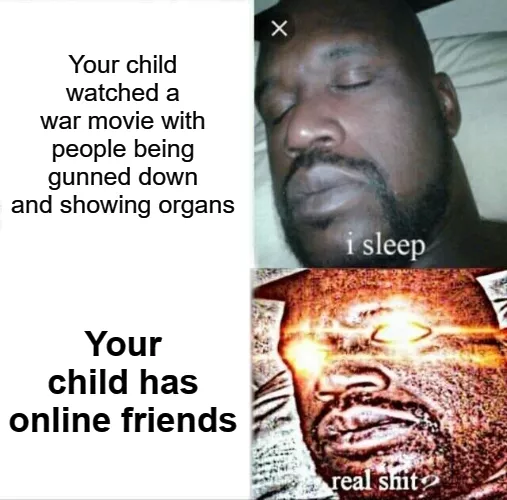
Top: when your child is watching violent porn; Next: when your child makes friends with netizens
Therefore, it is not difficult to understand why contemporary Americans can only enjoy the lovely appearance of cubs going out alone on Japanese programs
In the American community, there is no tolerant atmosphere that can tolerate children going out alone
Even the program "chupai" has received a lot of criticism from nervous parents.
Cara waters, a city commentator for the age magazine, is one of them. She unkindly called chupai "Japanese evil code".
She believes that "chupai" is just an elaborate reality show. It uses a large number of staff to follow up and check the safety of surrounding roads, deliberately exaggerates the ability of children, and deliberately blurs the potential safety risks of children in life.
Fundamentally speaking, it is challenging the hard established contemporary American child safety rules with the "illusion of safety".
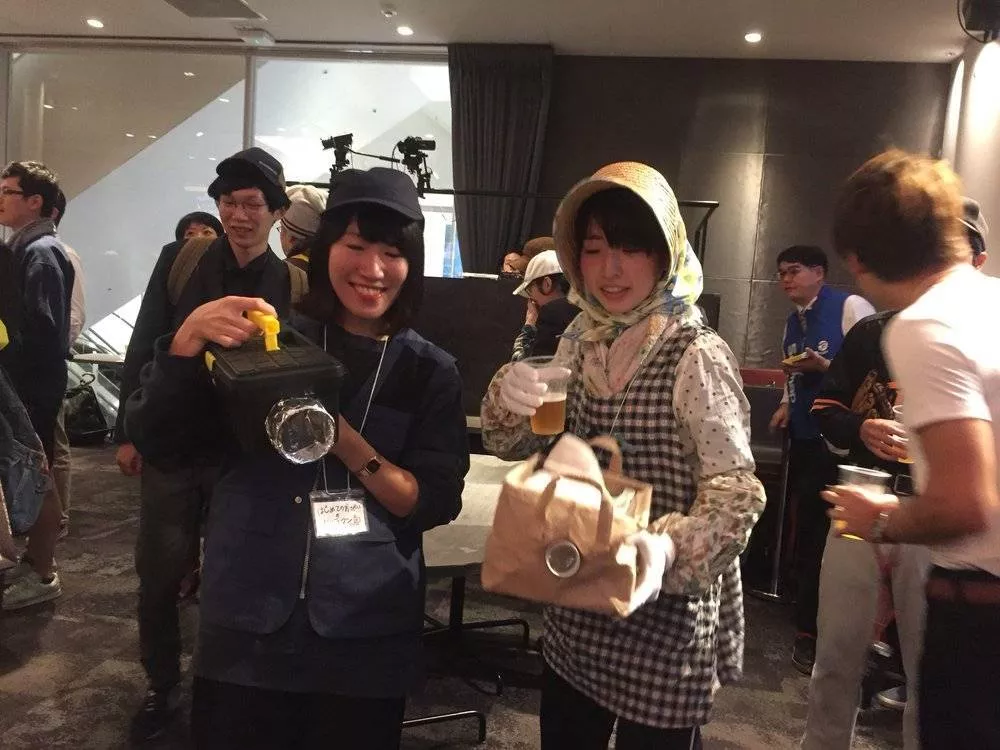
The staff will follow the children all the way with a disguised camera
"If you believe in this kind of show, I'm really sweating for your child."
An American audience commented on the social platform.
"Not everyone can raise children like the Japanese. They have the safest communities and streets in the world. Vehicles will always pay attention to pedestrians. What about us? This is not the case in the United States."

We are so familiar with the operation of American parents that we are almost the same as our parents
Unexpectedly, after decades of studying advanced models, we finally came to the same road as us.
Overestimate risk, worship safety and do not accept any risk - "safety supremacy" prevails all over the world
In almost every country where the economic level is enough to support over parenting, security has become the first iron rule in education. All activities must be carried out on the premise of ensuring absolute safety, and every play that may threaten safety is put in the trash can.
From the laissez faire in the 1970s to the current close focus on people, why did parents' parenting methods change so fundamentally
Some people may answer, of course, because it's not as safe as it used to be, but the opposite is true
According to the crime statistics collected on the official website of let grow in the United States, whether it is murder or kidnapping, the crime rate of children in the United States has remained at a very low level in history since 2013.
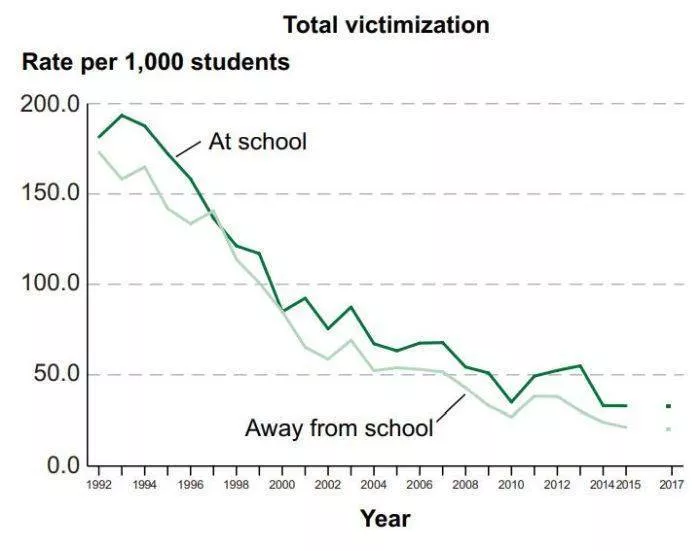
In fact, it is not so much because society is no longer safe that everything comes from the collective anxiety that contemporary parents can't escape
Jonathan Heidt, an American sociologist, pointed out in his book why we create the glass heart generation that one of the reasons leading us to "security supremacy" is that the news media are constantly strengthening the collective impression of social insecurity.
Newspapers and television are full of stories about the abduction and murder of children.
In 1984, a father set up a fund for his abducted and missing son Adam. He printed Adam's head on a milk box and spread it to thousands of families. By 1990, the program had been extended to many missing children, with printed avatars all over paper bags, billboards, pizza boxes and even water and electricity bills.
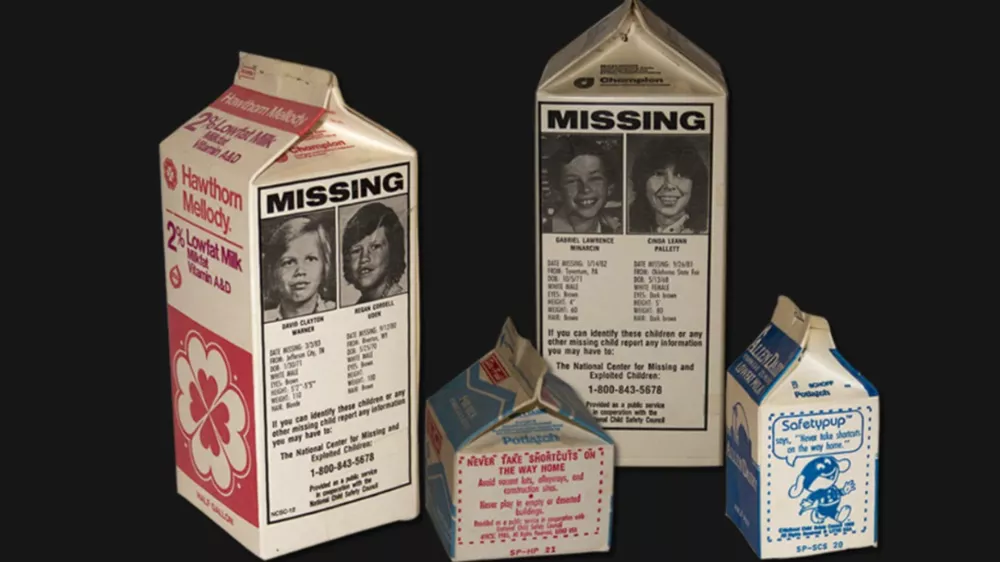
No generation, like the generation of parents in the early 1990s, has ever been reminded of the fear that children may be abducted and disappeared.
Although the data show that 99.8% of missing children in the United States return home smoothly every year, only 1% of the remaining children may be taken away by strangers, and the probability of children being abducted and trafficked is very small, the overwhelming search advertisements make every parent feel that they may be the unlucky 1%.
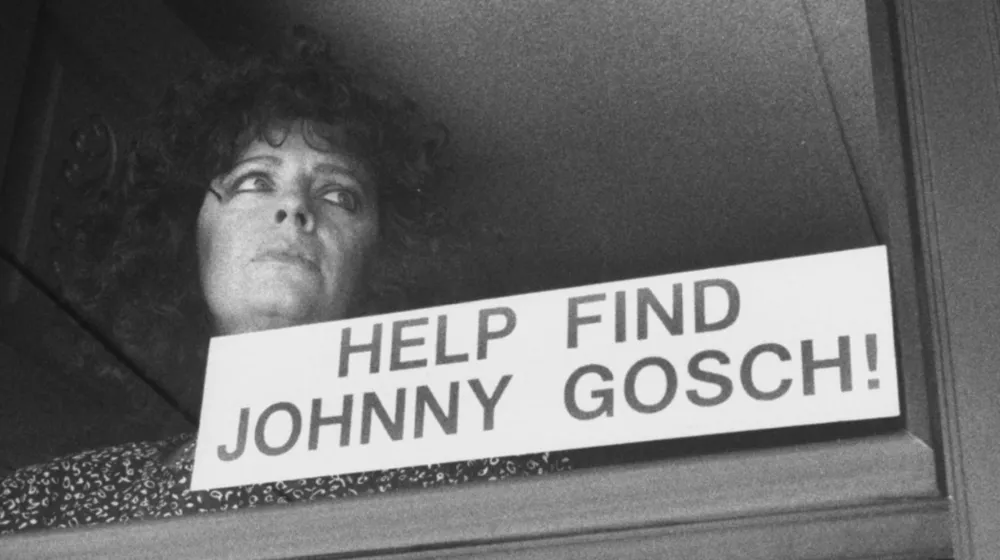
Another reason to aggravate the anxiety of contemporary parents is that in the era of fewer children, parents obviously put more effort into their children
I often hear some young mothers sigh: it's so hard to have a child now. In those years, grandparents pulled four or five children from their parents. It should be a deadly project.
But this is just an illusion.
The energy that contemporary parents and parents of 50 or 60 years ago devoted to childcare is totally unequal
According to a Pew Research Center Research Report, compared with stay at home mothers 50 years ago, although contemporary parents raise fewer children and take on longer working hours, they spend more time on childcare.
This means that we are putting all the love shared among several children in the past on one child
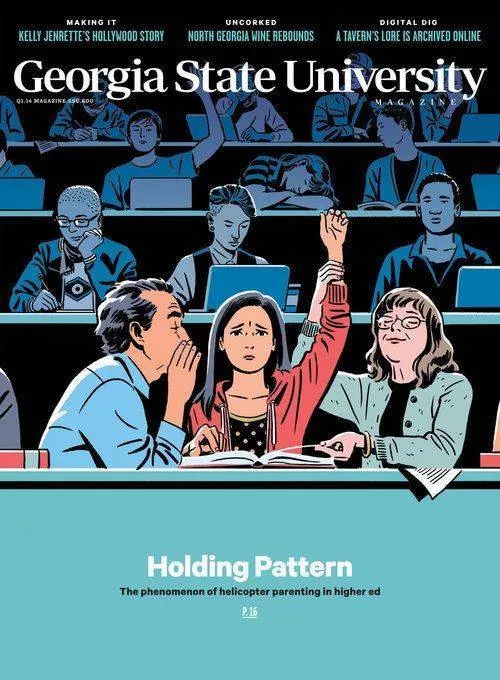
If the grandparents who raised seven or eight children at one go were ready to accept the premature death of one or two children, the contemporary parents who devoted all their efforts to cultivating one offspring simply couldn't bear any sinking Chen Ben**
The fear of loss drives them to constantly look for more absolute security
So the child who hung the key on the street and went home by himself disappeared. "Playing soy sauce" has become an urban legend in the past. Gradually, it has become a crime to keep children alone at home.
Everything ends in "safety".

So is it really safe for children to grow up in such a sterile environment
The sad news is that the body is indeed safe, but the spirit is not necessarily.
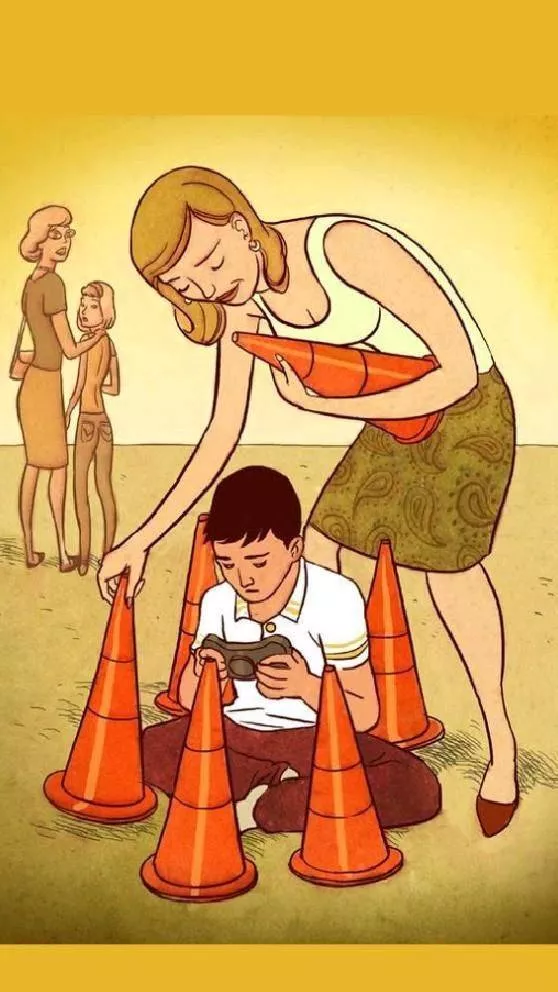
Generation Z, born after 1995, is the main recipient group of "security supremacy" education
Generation Z is also the generation with the highest proportion of depression so far
In 2013, when generation Z entered the adult society of college, the depression rate of young people in the United States immediately soared. Compared with other generations, they are more likely to report obvious psychological problems, more vulnerable to news events, and less likely to use "very good" to describe their mental state.
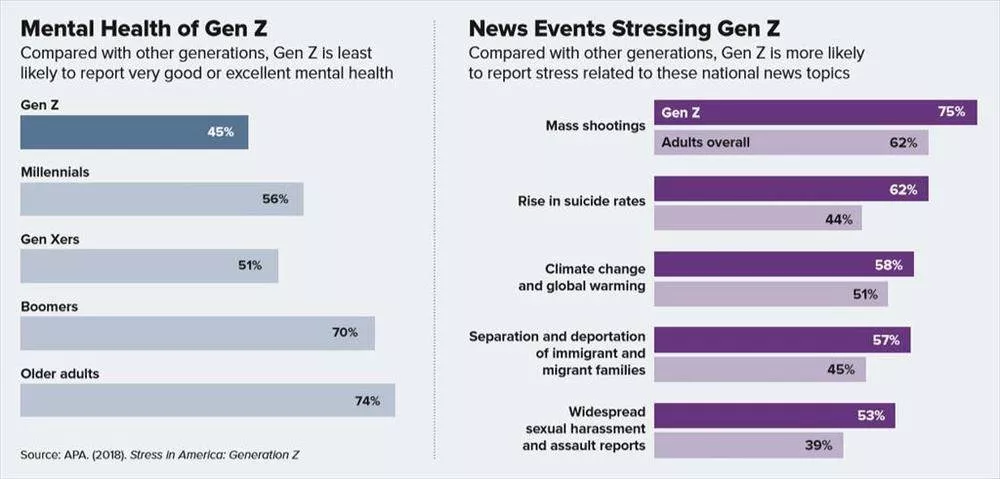
At the same time, they are also the most extreme and easy to take extreme actions
In the campus of generation Z, the "strike activities" against invited speakers are becoming more and more frequent. Whenever the invited guests have a little political disagreement with themselves, such as the so-called cross gender unfriendly remarks made by Ms. Rowling, generation Z students will strongly protest to the school and ask to stop the invitation.
If the school does not comply, the "strike invitation activity" will even evolve into a violent action of chasing after the guests.
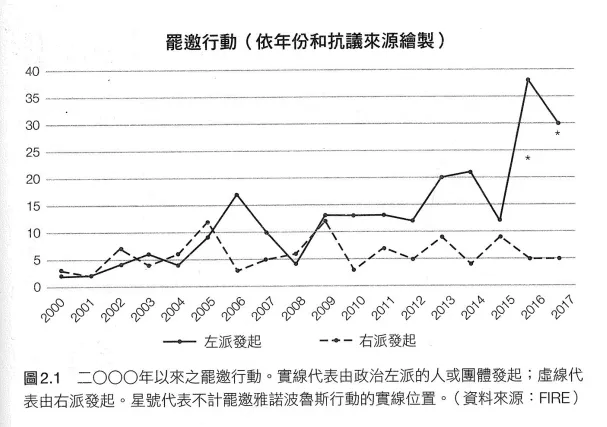
Extreme security breeds extreme fragility, "black mirror" is right again
It tells a story about "security supremacy":
The mother was careless. Her 3-year-old daughter ran away after the kitten. Although she was soon found back, her mother was frightened. She found a technology company and implanted a chip into her daughter, which allows her mother to share her daughter's vision and block all negative information against children.
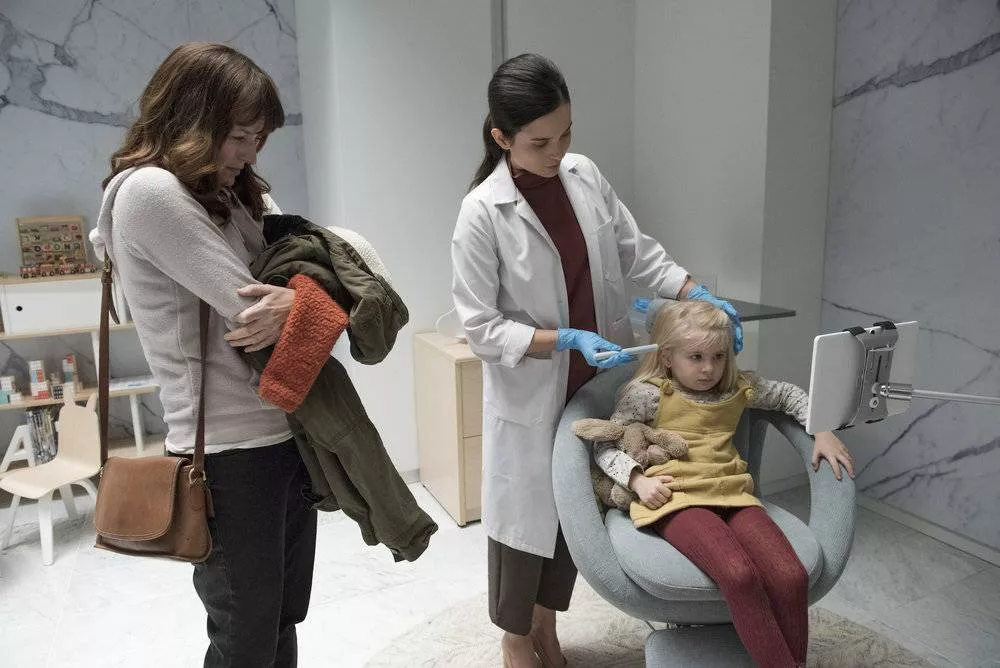
Mother was satisfied. From then on, she monitored her daughter's every move through the chip every day to ensure her safety at all times.
But her daughter missed many experiences because of the shielding: she could not see her bleeding fingers, her grandfather fell to the ground due to heart disease, and her mother's sad and tearful face at the funeral. All these were just a twisted mosaic in her eyes.
Gradually, the daughter found that her classmates often saw something she couldn't see. Even if the classmates reported it, there was only the noise after shielding in her ears. She realized that something was missing in her life.
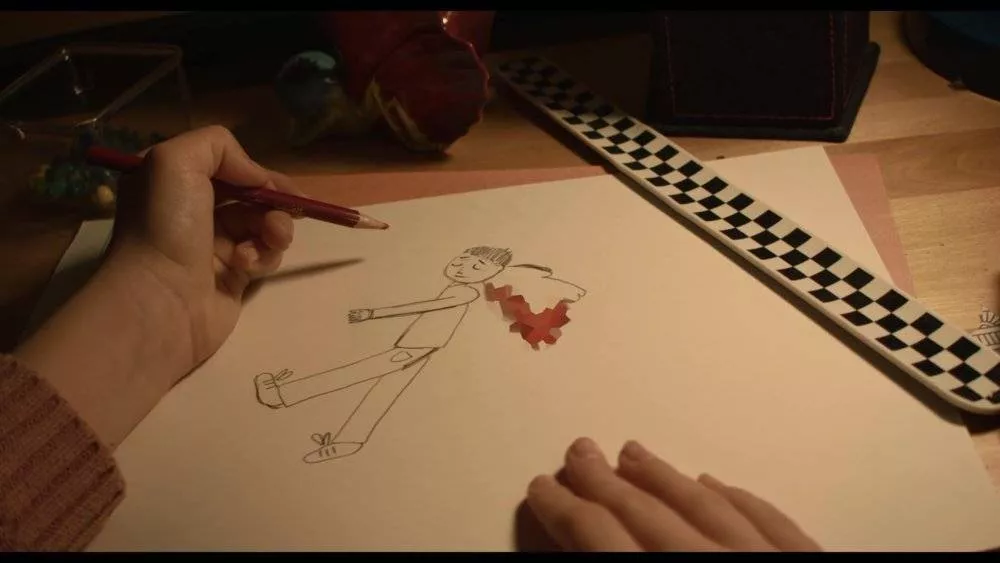
So she began to hurt herself and tried to break through the shielding. After being persuaded by the doctor, her mother realized that she had to stop monitoring in order to alleviate her daughter's psychological problems.
So my mother locked the monitor into the attic, and my daughter finally returned to normal life. But she began to pursue pain and excitement involuntarily, learn from the women in pornographic films, and eagerly absorb the negative information missed for many years.
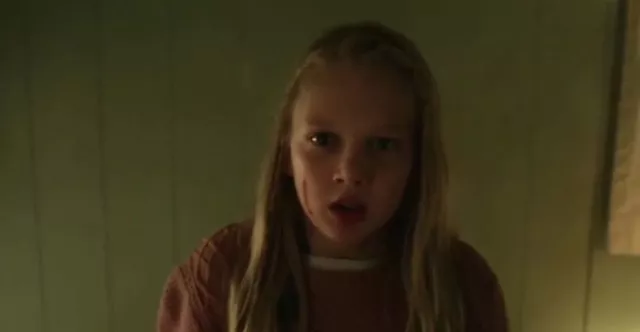
When her daughter entered puberty and began to make boyfriends, her mother finally opened the dusty monitor again because of worry. As a result, I saw the passionate picture of my daughter and boyfriend. The mother didn't say anything, but secretly added contraceptives to her daughter's diet every day to continue to protect her safety in her own way.
When the daughter found out what her mother had done behind her back, she collapsed, grabbed the monitor in her rage and threw it at her mother. The mother was bleeding, but the daughter didn't stop, because the shielding function was turned on again. The mother in her daughter's eyes had no blood, only a twisted mosaic.
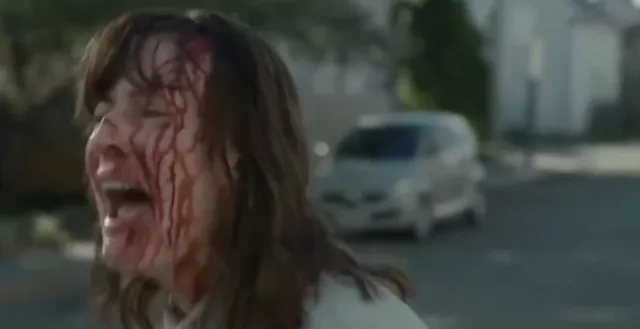
Why does comprehensive protection breed vulnerability and violence
Haidt made a penetrating analogy with a peanut story:
In 1990, the peanut allergy rate of children in the United States was only four thousandths, but by 2008, the number had risen to more than three times the original 14 thousandths.
In the past two decades from 1990 to 2008, schools and parents took great care to try their best to reduce children's contact with peanuts. Why did the allergy rate increase instead of decrease?
Years later, people found that it was the reduction of peanut contact that led to peanut allergy.
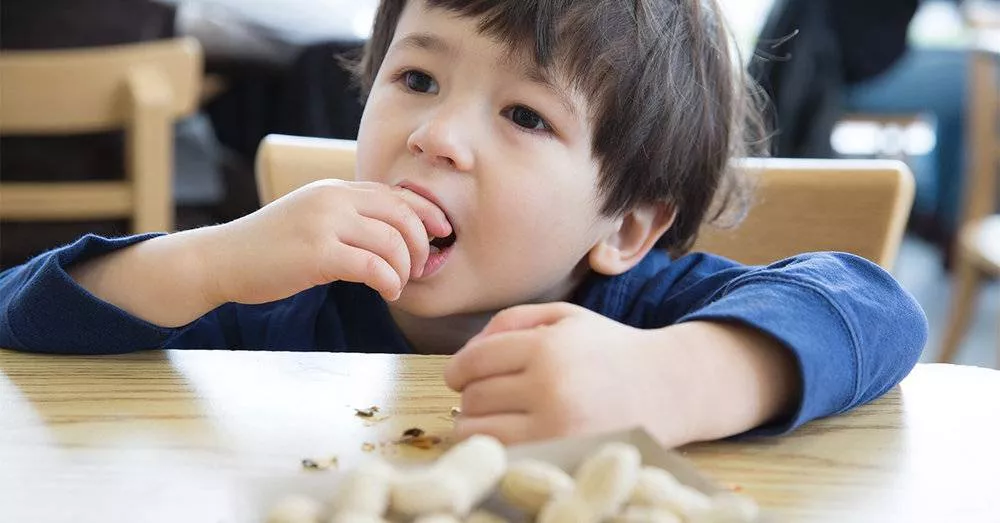
In fact, regular and regular exposure of children to peanut products can induce protective immune response and greatly reduce the allergy rate. The long-term restriction of exposure to peanuts will make the allergic reaction more and more serious.
That's exactly what happened, lack of exposure to allergens leads to allergies , the same:
"By blindly helping children fend off various risks, we may make them too afraid of situations that are not dangerous and unable to acquire adult skills that they must be familiar with in the future."
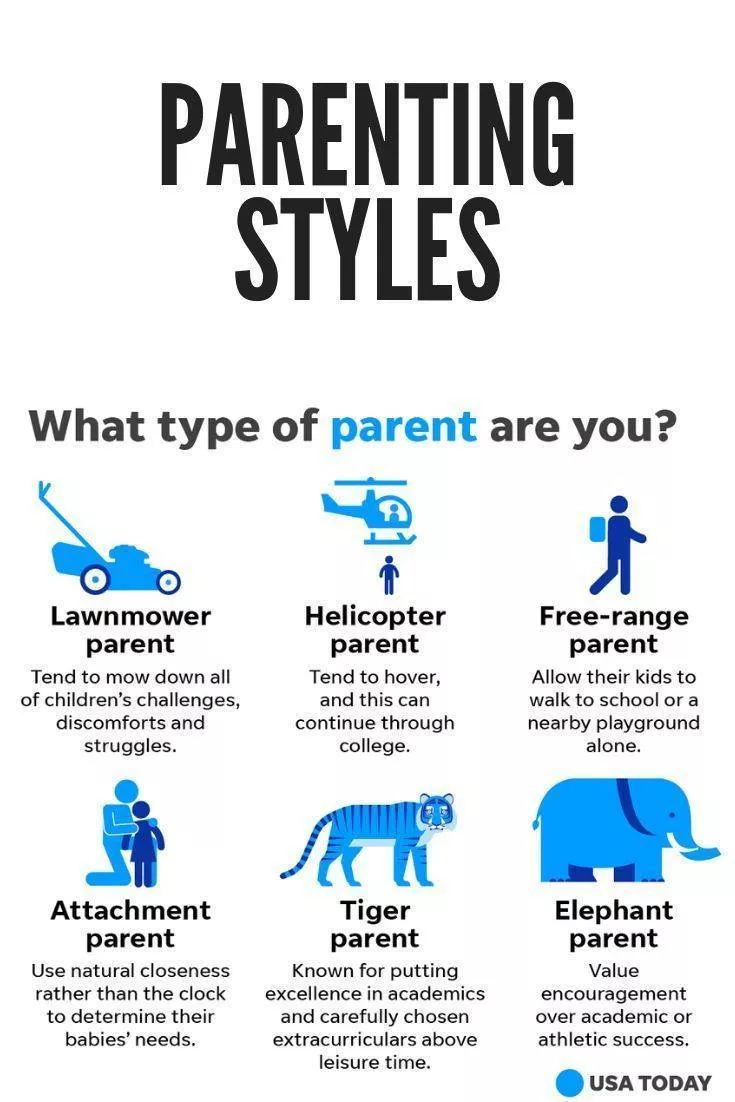
Different parenting modes in the United States: weeder parents, helicopter parents, stocking parents, supportive parents, tiger parents and elephant parents
There is always an umbilical cord between contemporary parents and children
While complaining that our children are always young, we happily continue to treat them as a baby.
Fragile, violent and extreme. When people in the whole online world think about problems in black and white like children, will anyone reflect on why we are becoming more and more like a giant baby community
It is not only some evil forces that can destroy a child, but also excessive love.
It is true that the world is dangerous, but are we overestimating the risk for others because of our anxiety?
The world belongs to us now, but one day it will belong to them.
Perhaps when measuring reality, we should all jump out of the "parental ideal" and find a more appropriate scale compared with the real history